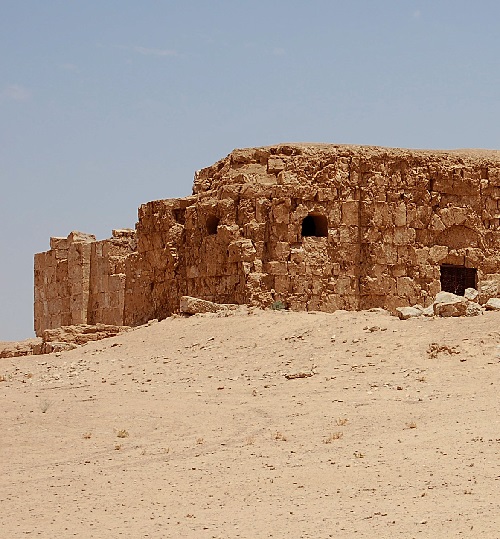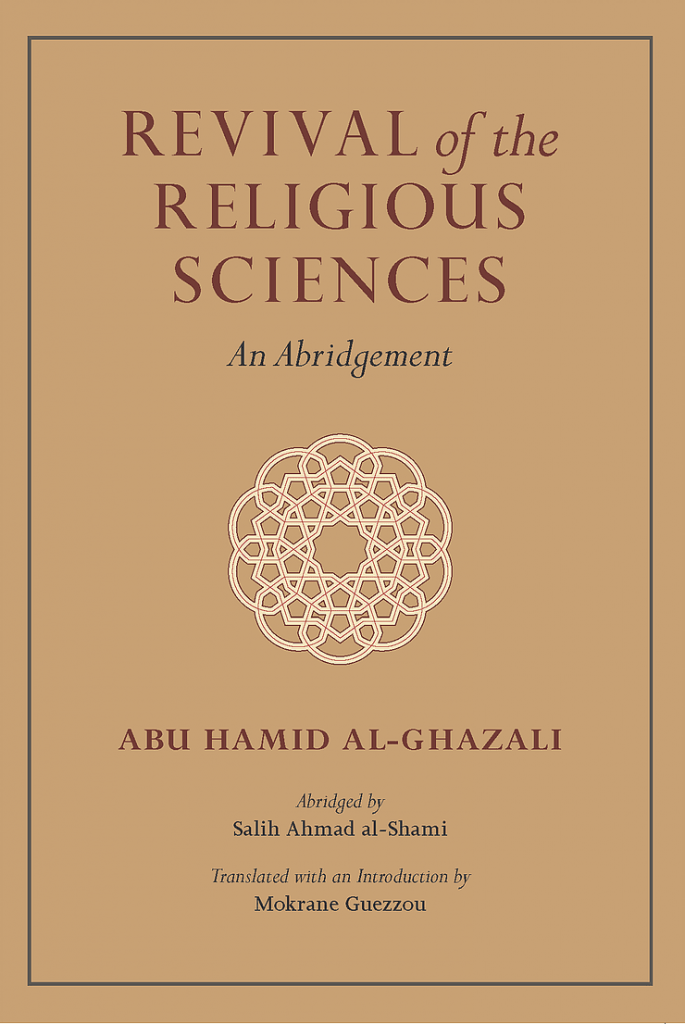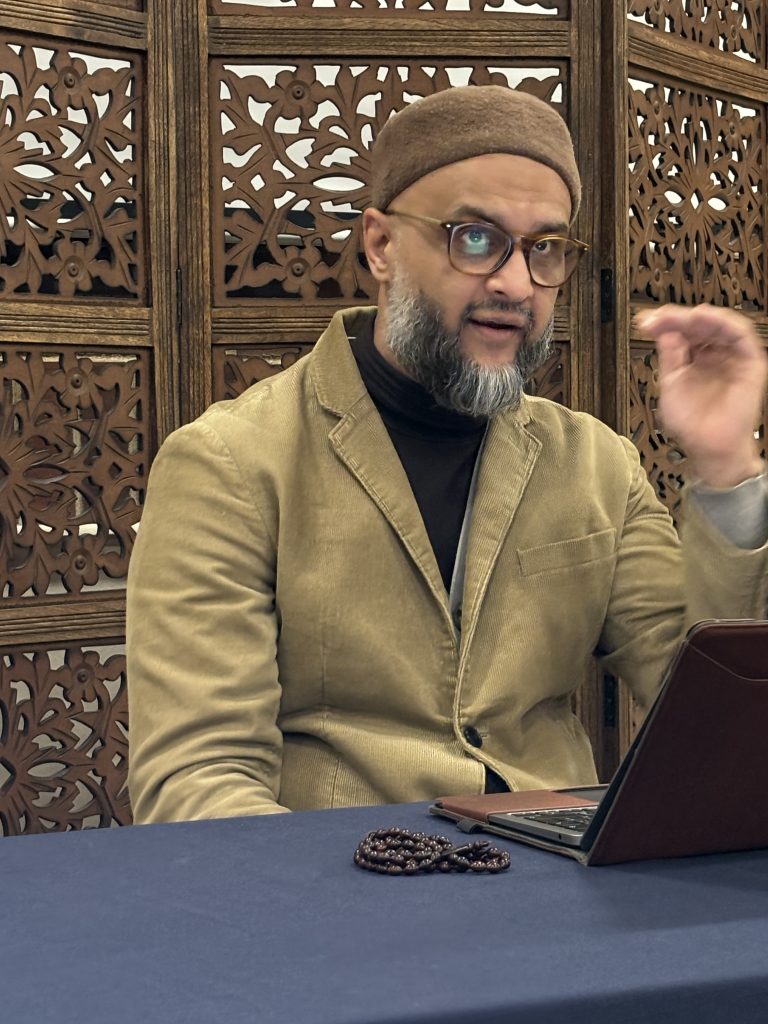Defects of the Tongue, Hope and Fear & Improverishment and Abstinence

Module Description
Defects of the Tongue and Hope & Fear, Improverishment and Abstinence
Module Outline
| Week | Topic |
|---|---|
| Week 1 | xxxxxxxxxxxxx |
| Week 2 | xxxxxxxxxxxxx |
| Week 3 | xxxxxxxxxxxxx |
| Week 4 | xxxxxxxxxxxxx |
| Week 5 | xxxxxxxxxxxxx |
| Week 6 | xxxxxxxxxxxxxx |
| Week 7 | xxxxxxxxxxxxxx |
| Week 8 | xxxxxxxxxxxxxx |
| Week 9 | xxxxxxxxxxxxxx |
| Week 10 | xxxxxxxxxxxxxx |
Module Text
al-Ghazali, Abu Hamid Muhammad ibn Muhammad. lhya’ ‘ulum ai-din. Ten vols. Edited by lajnahtu Ilmiya Dar al-Minhaj Jeddah, Dar al-Minhaj (2011)
al-Ghazali, Abu Hamid Muhammad ibn Muhammad. Lubāb al-lhya’. Edited by Mahmud Bayrutī, Dar al-Bayrūti (2021)
Ahmad, Salih al-Shāmi. al-Muhadhab min lhya’ ‘ulum ai-din. 2 vols, Damascus, Dar al-Qalam (2018)

Become a member today
Join as a member for just £20 per month and access Sacred Study and various other educational initiatives at no additional cost.

Shaykh Thaqib Mahmood
Shaykh Thaqib has travelled to numerous places over the last 10 years in pursuit of sacred knowledge. This began at several deen intensives with Shaykh Hamza Yusuf from whom the impetus to his seeking sacred knowledge belongs. After travelling to Morocco he went to Hadramawt to the village of Tarim where he sat at the feet of the spiritual Masters and jurists including Habib Umar bin Hafiz.
He travelled to Damascus a number of times and studied under Shaykh Muhammad Darwish, Shaykh Abdul Wahaab Shaykh Muhammad al Yaqoubi, Shaykh Adnan al Majd, Shaykh Maree al Rashid and Shaykh Khalil al Sabbagh. His travels also led him to Mauritania to study with Murabit al Hajj, to Liverpool to study with Shaykh Siraj Ud-Din and to Istanbul at the feet of the gnostic and friend of Allah, Shaykh Mahmud Effendi; and studied with Shaykh Ehsaan Hojah and Shaykh Muhammed Ameen Siraj.”
Shaykh Thaqib has been teaching on Sacred Study for 12 years and part of the Fountain teacher for now over 22 years.

Location
Bury Park Community Centre, 161, 161b Dunstable Rd, Luton LU1 1BW.
Zoom: links will be provided via email
Date/Time
Starting – 5th October 2024 for 10 weeks
Saturday – 11.30am to 12.30pm
Module Content
Course content will only show once you re logged in.

